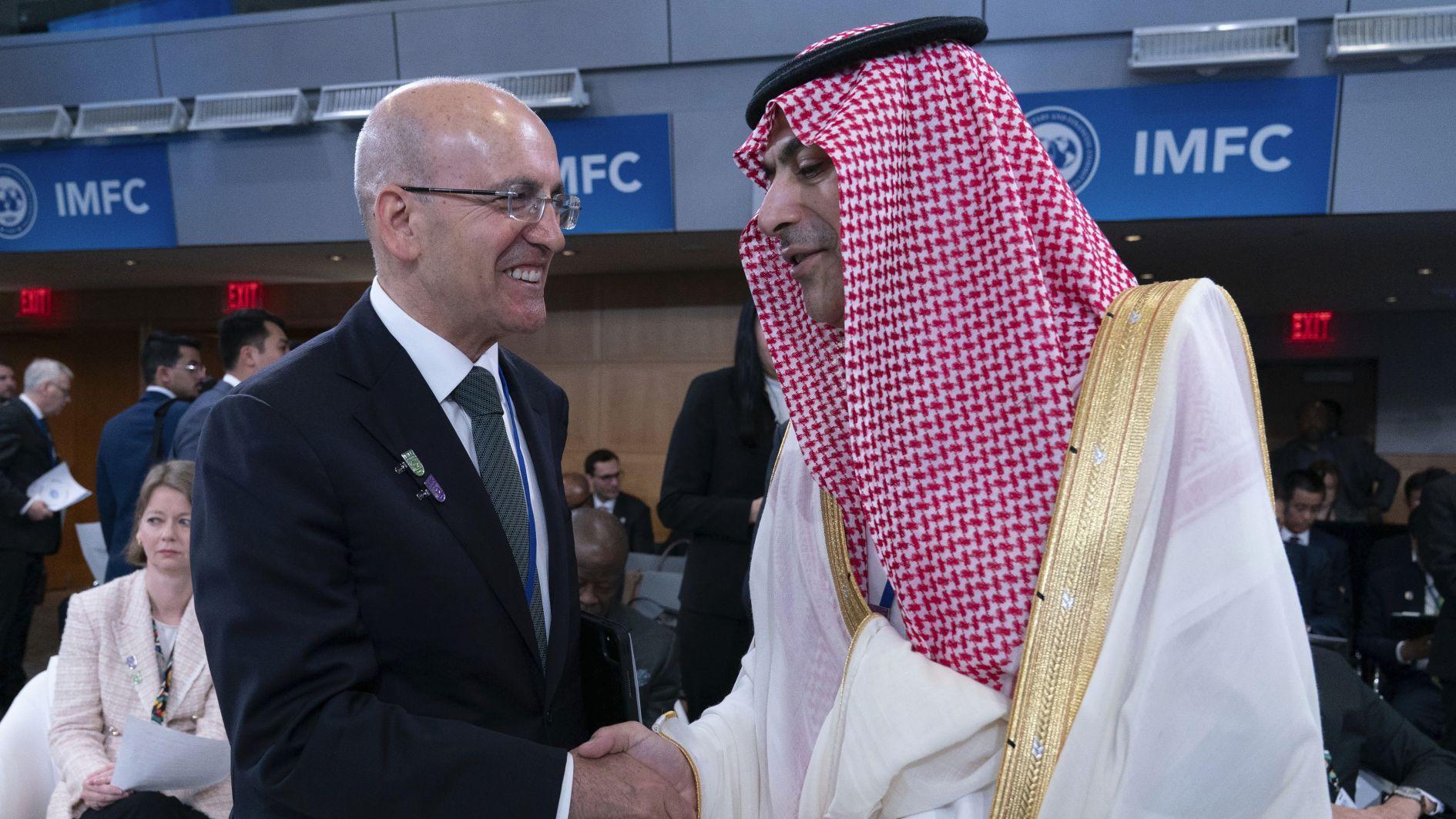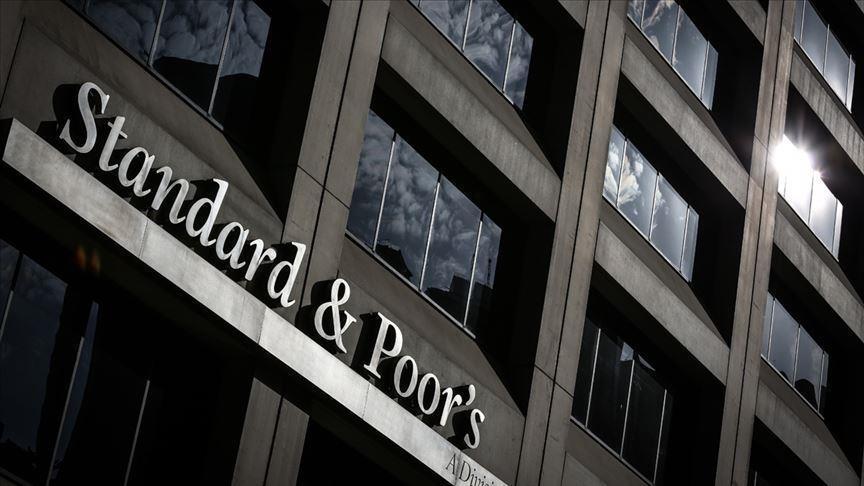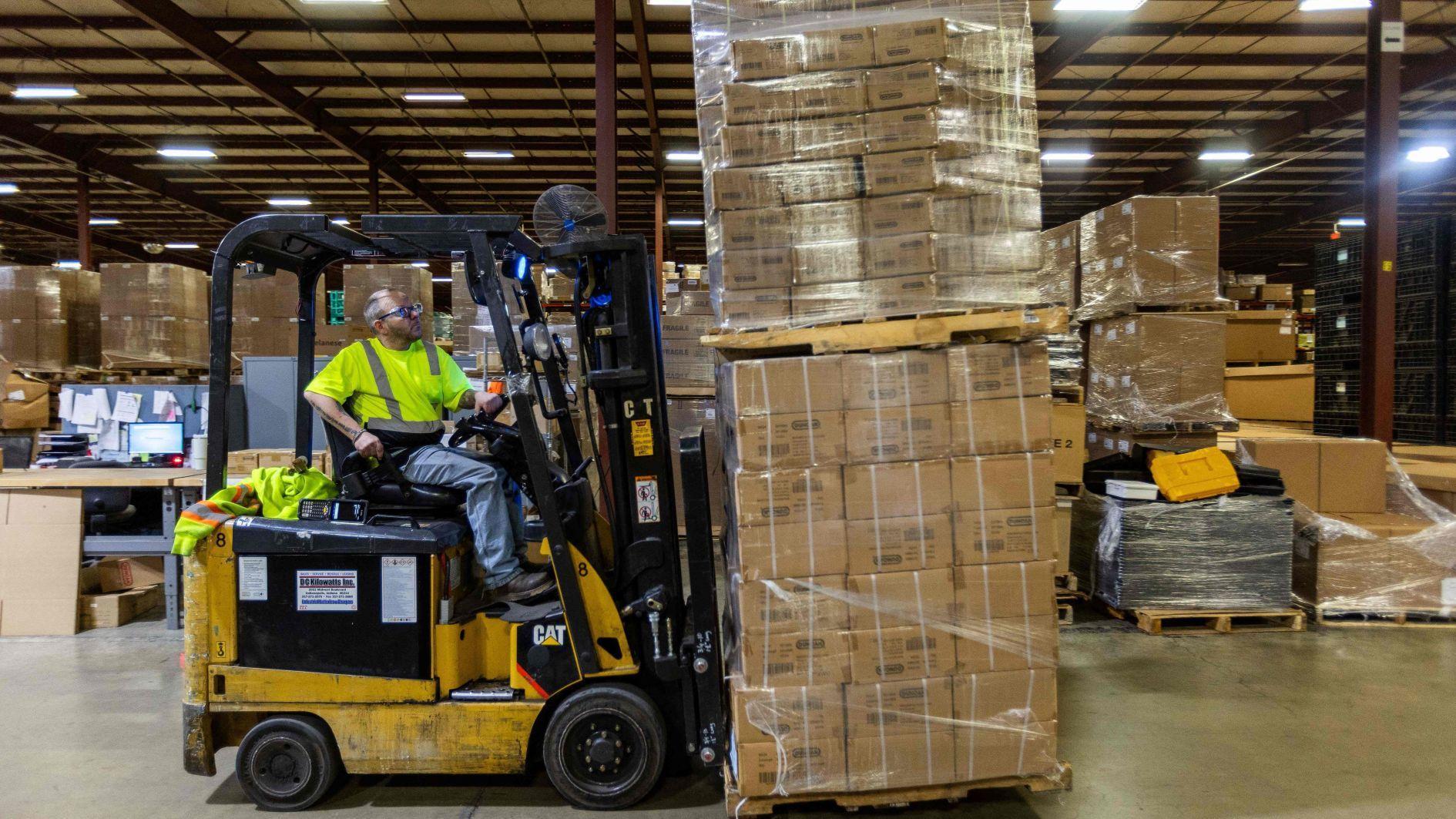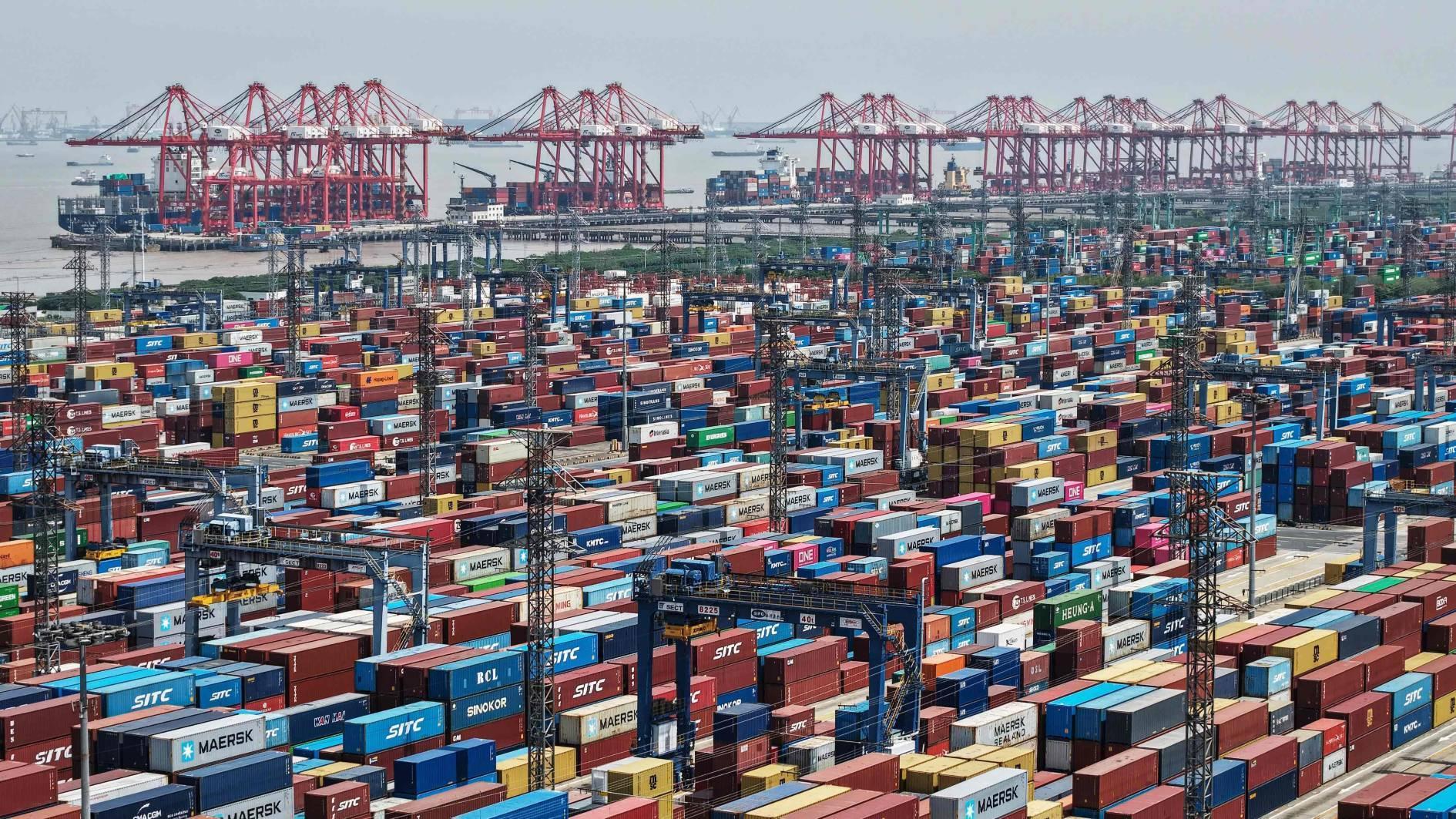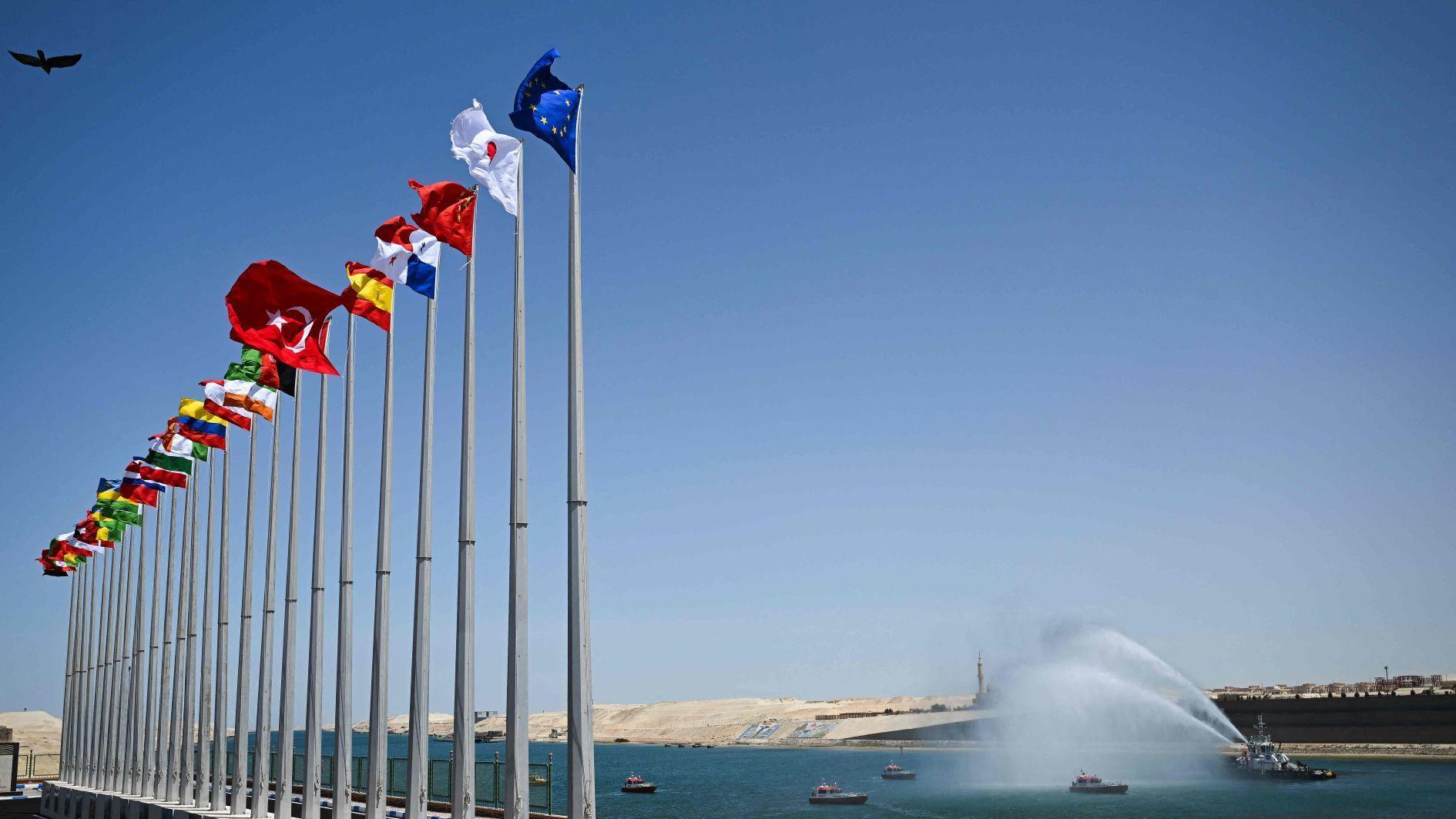Commonwealth Games forces truce in Scotland's UK debate
GLASGOW - Agence France-Presse
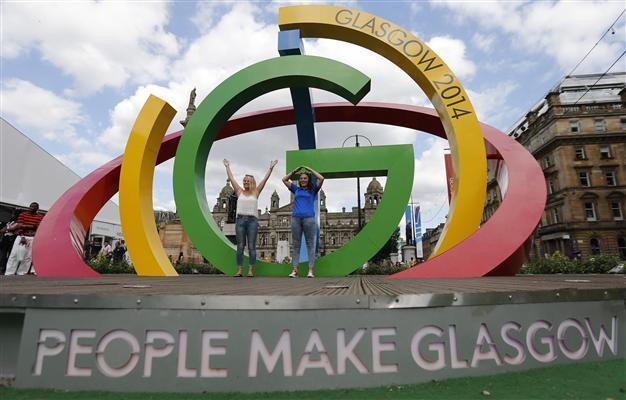
The opening ceremony of the Glasgow 2014 Commonwealth Games takes place on July 23. REUTERS Photo
As the Commonwealth Games kicked off in Glasgow on Wednesday, the chief protagonists in Scotland's independence debate called an unofficial ceasefire, as voters said they would not be swayed by attempts to exploit the event for political ends.Scotland goes to the polls on September 18 to decide whether to end its 307-year-long membership of the United Kingdom, and the campaign for independence reportedly hopes a successful Games will boost their cause.
Scotland's pro-independence First Minister Alex Salmond received sharp criticism last year for brandishing the Scottish flag directly behind pro-union British Prime Minister David Cameron's head when Andy Murray won at Wimbledon last year -- not least from the Scottish tennis hero himself.
Perhaps mindful of that criticism, Scottish National Party (SNP) leader Salmond on Tuesday revealed he had issued himself a "self-denying ordinance" during the Games, which run until August 3.
"We've got 10 days here and we're going to concentrate on presenting Scotland to the world," said First Minister Salmond, whose election forced the referendum.
"We'll have plenty of time when the Games are over... to get back into the thick of the referendum debate," he told journalists.
But even as he was laying down arms, Salmond issued one last jibe towards London, noting that the 575 million ($981 million, 729 million euro) Games had come in on budget, in contrast to other recent events "in locations not too far from here".
However, the combative SNP chief accepted that the London 2012 Olympics had "set a very high bar".
Glasgow City Council chief Gordon Matheson, who is opposed to independence, told AFP that exploiting the Games for political ends "would be a stupid thing to try".
"These are Glasgow's Games and no-one's going to hijack them," insisted Matheson from his office in the city's imposing council chambers. "People will take an exceptionally dim view."
Sandra White, a Glasgow-based member of the devolved Scottish parliament (MSP) and a pro-independence campaigner, also told AFP that her team "has no intention of hijacking the Games".
"We're not going to be going outside venues handing out posters," she said at the local "Yes Scotland" office, surrounded by empty tea mugs and a pile of campaign leaflets.
Polls have consistently put the "No" camp, which opposes independence, ahead of its "Yes" rival, but most also show that the gap is closing with many voters still undecided.
Some forecast that a successful Games, on and off the track, could give Scots the confidence to go it alone, and that Glasgow, once the "second city of the British empire", could set the scene for a break-up of the United Kingdom itself.
"I simply don't see that," said city leader Matheson.
"It will be a huge success, but when making a historic, no-go-back decision, that will be made on issues such as jobs, the economy, pensions and currency.
"The Games have nothing to do with it."
One pub-goer and "no" voter from nearby Motherwell, who gave his name as Mr Allan, said it was "unlikely the Games will affect the vote", a view shared by Glasgow taxi driver Sulta Ali, who plans to vote "Yes".
"I think everybody has made their opinion up already," suggested Craig King, 26.
A recent poll in the Scottish Express newspaper showed that 80 percent of voters wanted politics to be kept away from the Games, while an overwhelming 88 percent said the event would not affect their vote.
Pro-independence campaigner Paul Bassett called the Commonwealth Games "great", but "not vital" to their strategy.
"In fact, we have to steer around it," he told AFP at Yes Scotland's Kelvin base.
MSP White also doubted the Games' influence on the vote.
However she suggested the "Yes" camp may indirectly benefit from the perceived negativity of the campaign run by Better Together, the pro-union group comprising the Scottish Labour, Conservative and Liberal Democrat parties.
"Anything positive will help the 'Yes' campaign," she told AFP, shortly before going out to post leaflets.


